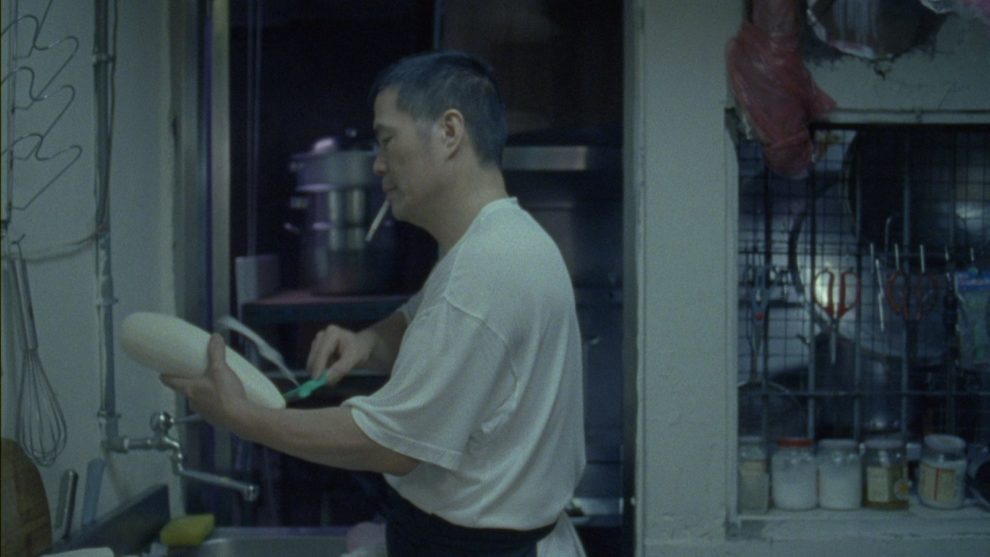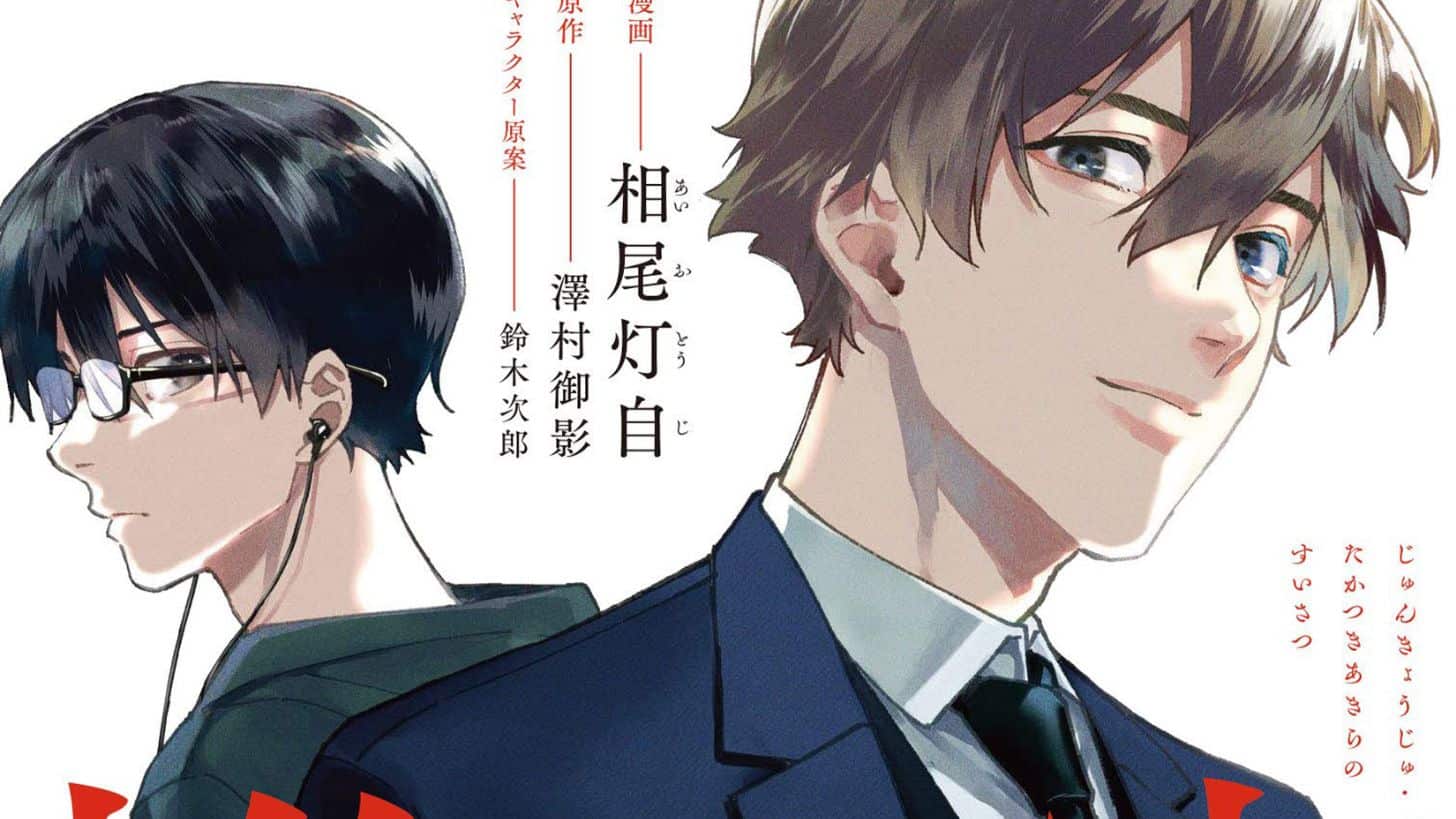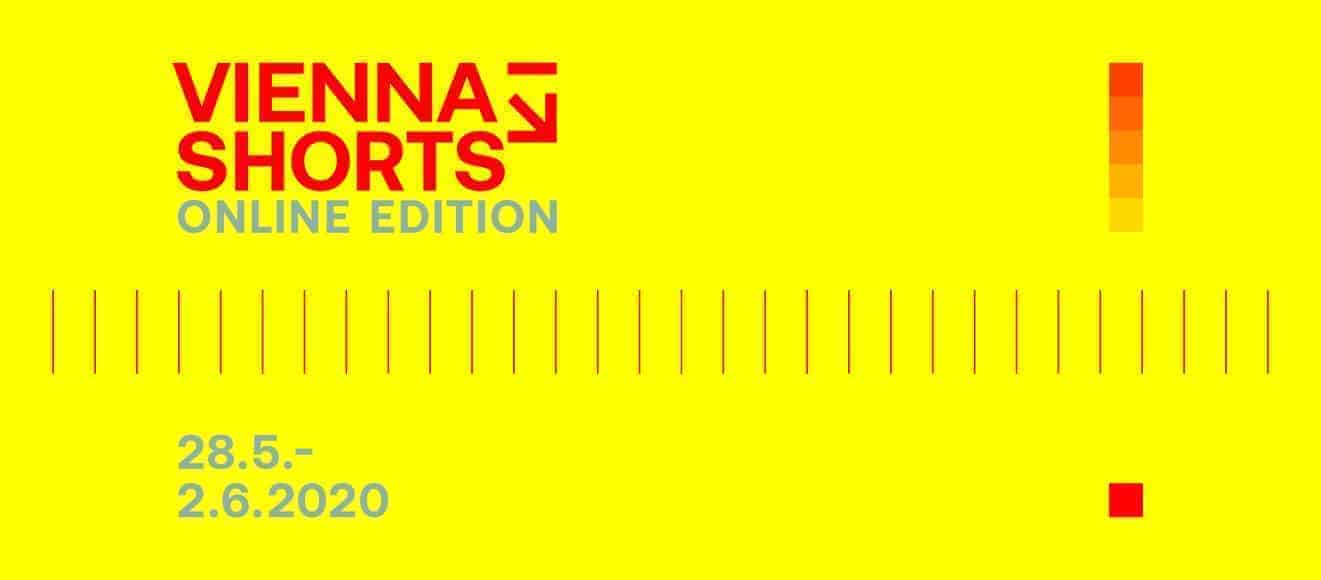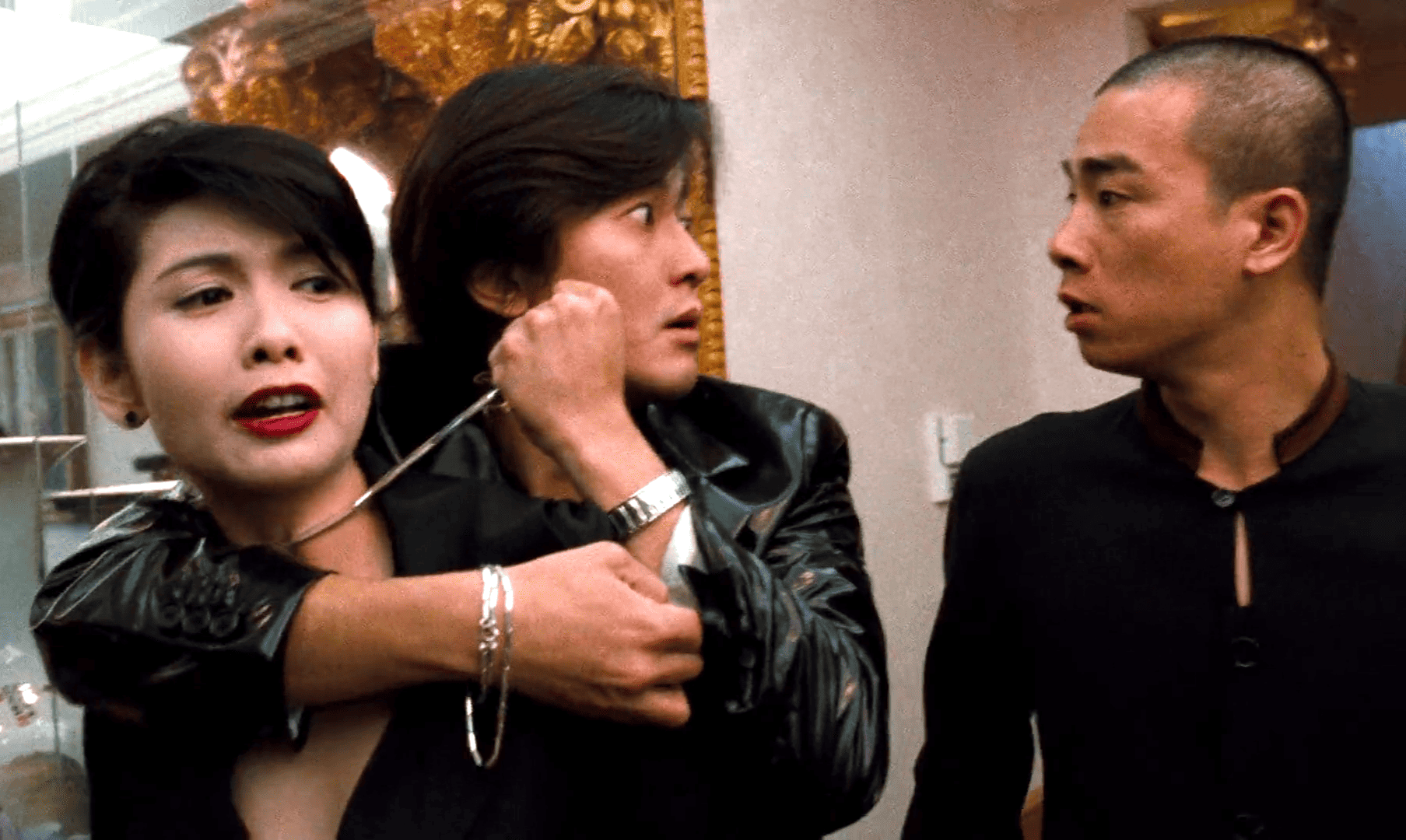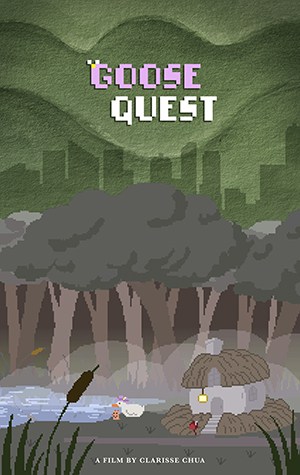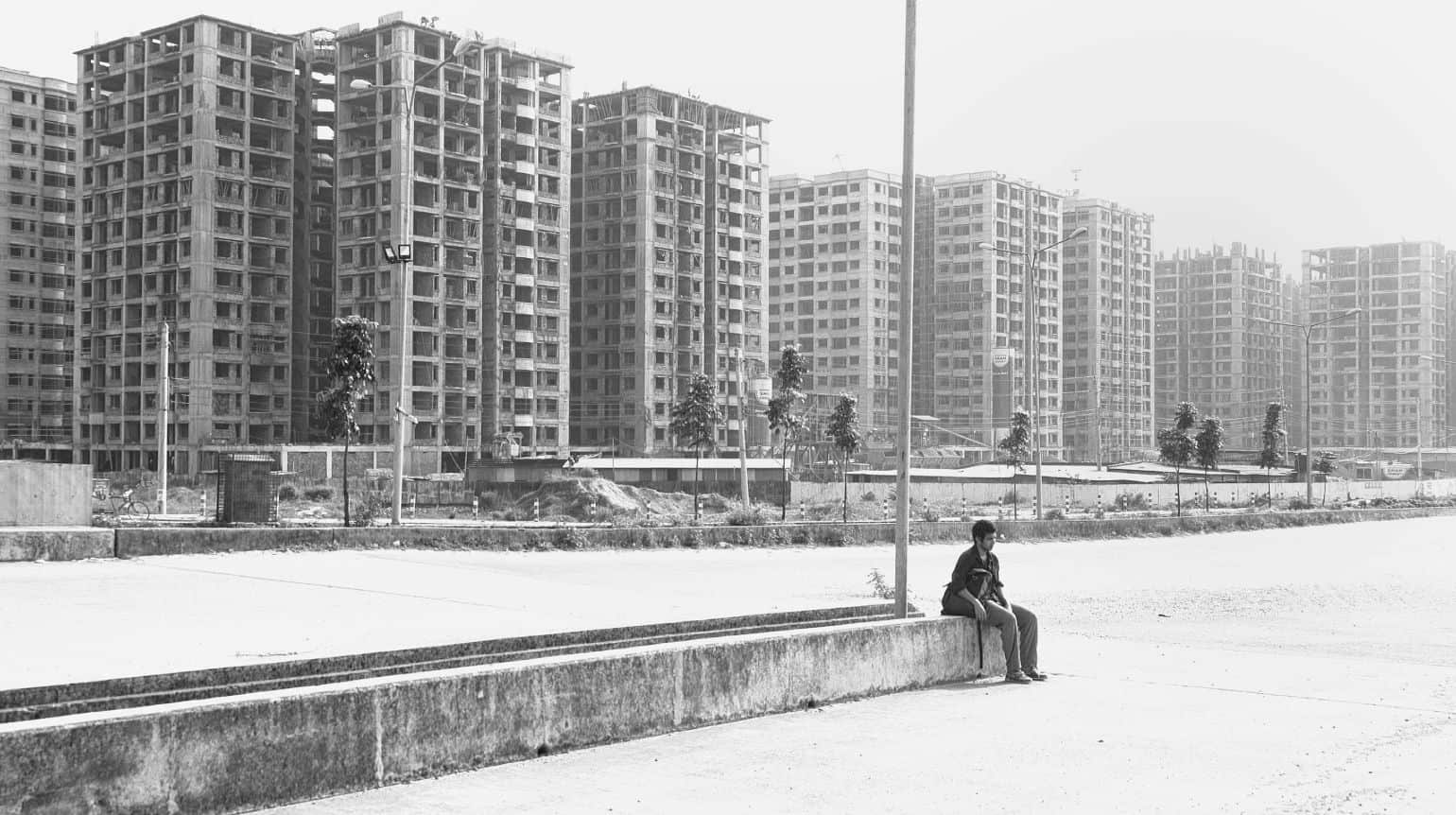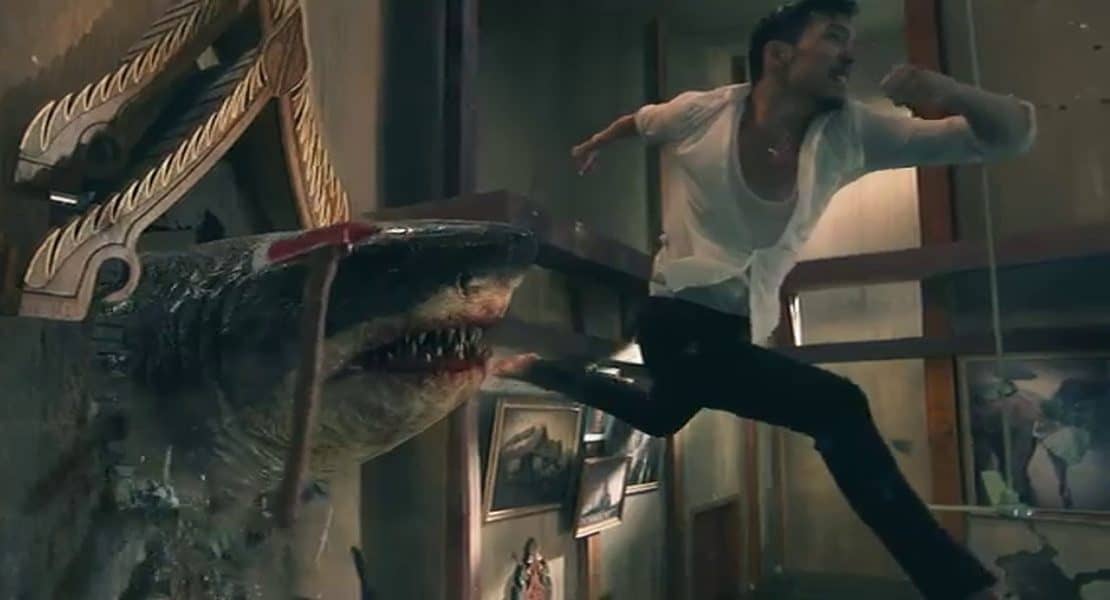While they have ceased to exist in towns and smaller cities, late-night-shops and -restaurants are still part of the landscape in the world's capitals. Especially during the weekends and after office hours, when late workers would visit them for a late snack before heading home, these places would be the meeting point for many people, and those wanting some company and a chance to talk to somebody. However, the idea of turning night into day, a famous saying for party-goers and other people around the world, has become the motto for today's capitalism which does not allow any breaks when it comes to productivity and making a profit. Taipei is not exception to the rule, with aforementioned restaurants and snack bars open all night to provide food for their costumers, a necessity if you want to keep afloat in the ever-changing ocean of neon lights in the city. In her documentary “Closing Time”, Swiss director Nicole Vögele wanted to explore what it means to live in a “sleepless society” by showing the everyday-routine of Mr Kuo and his wife Mrs. Lin, who own a small eatery in the Taiwanese capital. The feature, which is as much a contemplation on capitalism and productivity as it is about the random moments of beauty in city life, won the Special Jury Prize at Locarno Film Festival in 2018.
Closing Time is screening at Taiwan Film Festival Edinburgh
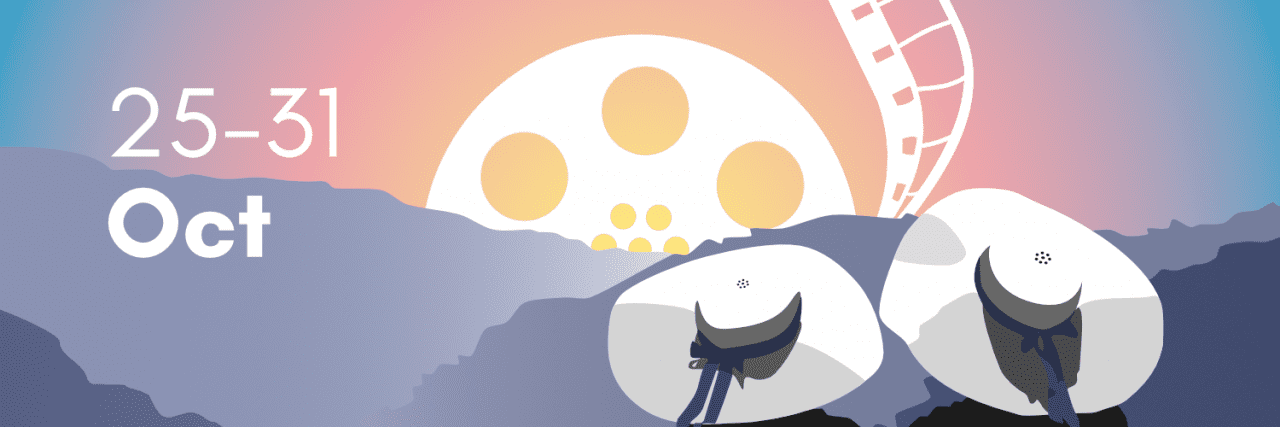
After having watched the entirety of Vögele's documentery, you cannot help but notice the irony in the title because there simply is no such thing as closing time for people like Mr. Kuo and his wife. Even though office workers and other shop owners close for the day and/or leave for home, their work has only just begun it seems, with Mr. Kuo preparing meals in the steamy, hot kitchen while his wife is in the front attending to their costumers. There is a routine between the couple, an almost silent understanding on what to do, who does the cleaning and who need to do the shopping for the day (or rather the night). The only breaks the two allow each other is when they take the time to engage in a conversation with their customers, some of them locals and other shop owners who come in every day to have a bowl or soup and a chat. However, as Mr. Kuo does not return from the market one day and instead heads to the sea, a change occurs in the routine of the couple.
According to the director's statement, the idea for “Closing Time” was to show the kind of toll this “sleepless society” takes on its members. While there are most certainly hints and explanations in the images as well as the conversations the camera records, there is also something else which makes Vögele's feature quite special and carries it through its nearly two hours of running time. This has to do with the poetry of the “in-between moments” her camera is able to capture, from an elderly woman dancing to a dog in search for its owner or the stub of a tree nearly turned over by a typhoon which hit the city. Nicole Vögele and cinematographer Stefan Sick manage to communicate the rich texture of the city, its smell, its taste and its feeling to the viewer, along with moments of melancholy, romance and longing, which makes the feature quite special.
There are also elements of juxtaposition highlighting the contrasts which make up the specific urban landscape of the Taiwanese capital. When the camera is suddenly on the outskirts of the city, showing a very different aspect of the setting, it slowly turns back to the city's skyline before we are back in the streets and the eatery where new customers have arrived. Camera movement is sparse, as if one is a spectator to the action rather than the reason for it, with features such as the magnificent sound design by Jonathan Schorr further emphasizing the multi-sensational experience of each image, thus creating a multi-layered audiovisual tapestry.
In conclusion, “Closing Time” is a wonderfully rich documentary about our “sleepless society”, about the poetry of city life but also the kind of toll its takes on its members. Nicole Vögele has managed to create a thoughtful and quite beautiful feature about the modern urban landscape, combining beauty and darkness.


